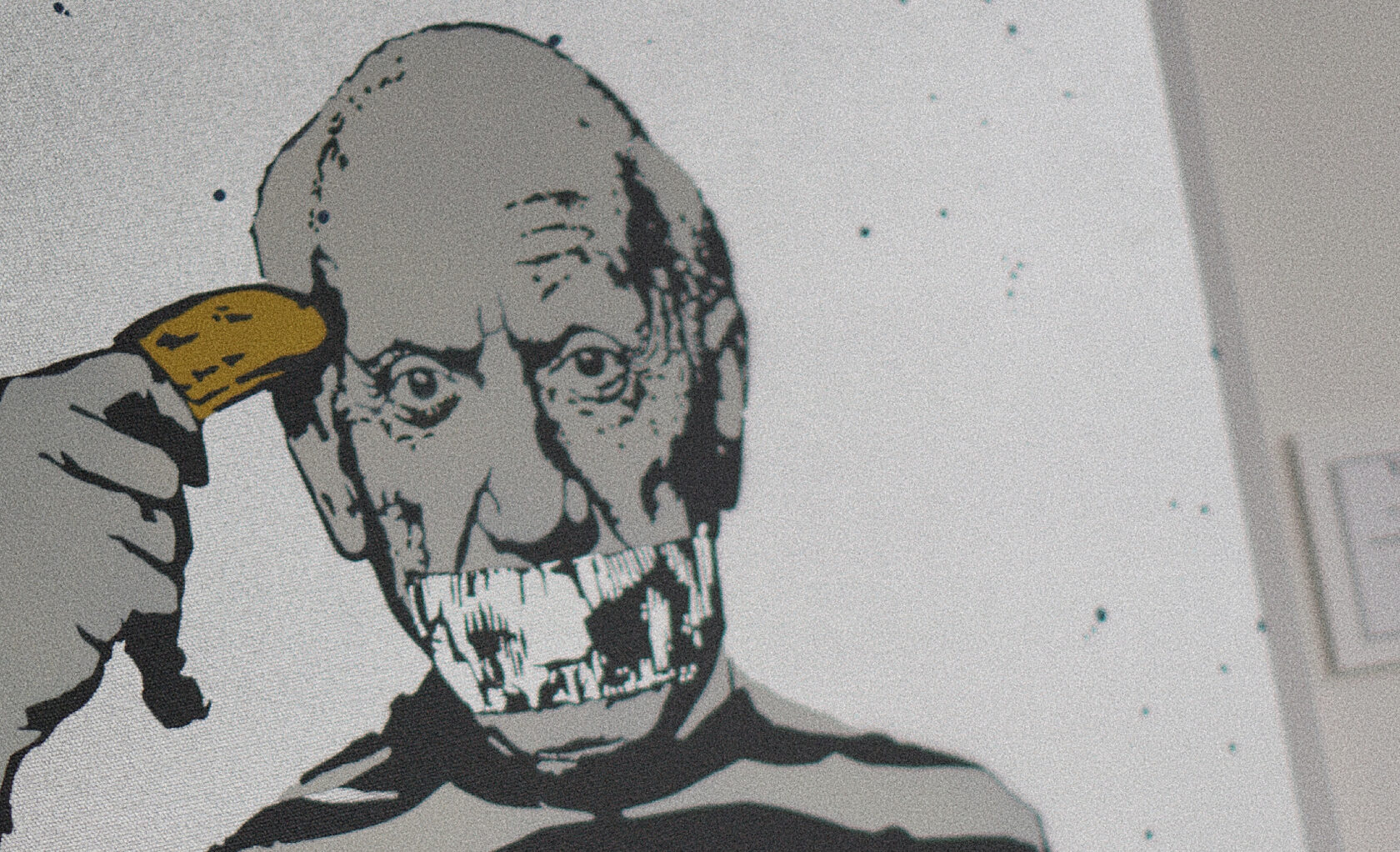How do you respond to criticism? How do you shake off the fear of negative feedback from clients and others? And a little bit about dealing with online trolls too.
Over 17 years of working as a designer, creating everything from budget to luxury projects, I've heard every kind of criticism. And it’s not just clients who critique!

Contractors (builders, carpenters, project managers, and furniture makers) have their opinions, as do fellow designers, and, of course, people on social media. Some of my friends even face criticism from their own families, although, luckily, I haven’t had to deal with that.
One thing I’ve noticed is that criticism from budget clients is quite different from feedback from luxury clients. But I’ll save that for another post. At the end of this one, I'll share some great exercises on “How to Overcome the Fear of Criticism,” which I teach my students in my "Brand Path" mentoring program.
The first and most important thing I’ve learned is this: most of the time, we’re not afraid of the criticism itself but the anticipation of it. That fear of not being good enough, of not having enough experience to deliver a great project, of clients realizing we’re not as amazing as that top designer down the street.
This is called self-criticism, and it usually goes something like this: I've completed my work, but then I start torturing myself mentally, imagining horrible scenarios where the client hates the project and thinks I’m a terrible designer who doesn’t know what I’m doing.
But in reality, this self-criticism is pointless. So, what can you do in such situations?
Eliminate Self-Criticism: Honestly, I could end the post here because self-criticism is the most destructive kind of criticism. If you get rid of it, you'll automatically remove 80% of your fear of any other kind of criticism.
But what if the criticism is real, and you’re faced with someone who’s harshly critiquing you? Don’t blush or sweat—first, you need to lower your fear level. Here’s how:
Separate Yourself from Your Work: Remember, criticism of your work isn’t a personal attack. Mentally detach yourself from the project. Remind yourself: "I am not my projects; we are not the same." They’re critiquing the product, not you.
Consider the Value of Criticism: Often, criticism can be helpful. It might improve your projects and help you grow as an expert. Ask yourself: Will the project be better if I make these changes? Answer honestly: yes or no.
Evaluate the Source: Who’s criticizing you? A client has every right to critique their order—they’ve hired you and are paying for it. However, they should do so politely. A random person has no business criticizing your work, especially if you didn’t ask for it. Simply say “stop” or ignore them—there’s no point in arguing.

But what if the critique comes from a well-known expert whose opinion you respect? In that case, relax, say “thanks for the feedback,” and maybe consider their suggestions. There might be some value in their criticism, but it’s not mandatory to follow it.
Criticism as a Filter: Sometimes, criticism helps you build a better network, weeding out toxic clients or colleagues.
So ask yourself: Are they criticizing me personally, or my work/product? If it’s personal, calmly say goodbye to that person. If it’s about the work, refer to points 1-3.
Remember, criticism is just a normal part of life and work. We all have complaints from time to time, and sometimes we express them. That means we should expect criticism too.

Endless praise isn’t realistic and can lead to stagnation. So is it really worth fearing criticism? I doubt it. But if a client is constantly criticizing, try this habit:
Let them vent, mentally process the critique using the four points above, and then ask them directly if there’s anything they liked about your project and why. Shift their focus to the positive and wrap up the conversation on a good note. This will lift your spirits. Make this a regular practice until the fear of criticism fades completely. Trust me, it’s all about practice—I say this as an experienced (former) paranoid!
Finally, here’s a great exercise I sometimes give to my mentees. The best way to overcome fear is to face it head-on. Create a situation where you deliberately invite criticism as an experiment, so you can study your reaction.
For example, you could purposely post a subpar piece of work on social media and ask for feedback.

BUT! We’re talking about negative reactions to your work or services here, not your personal life. Don’t start a hate wave on personal topics. And don’t overdo it—don’t train your clients to look for flaws. Provoke criticism consciously and with a clear purpose.
Try these methods occasionally as therapy. Identify your triggers—what offends you, what gets under your skin—and work on them. If you need another “vaccine” later, try it again. That’s enough for now.
Facing criticism head-on is far less scary than dealing with it unexpectedly. When you conduct an experiment, the fear isn’t as strong because you know you did it on purpose and for your own benefit. It’s just a game. Good luck!
